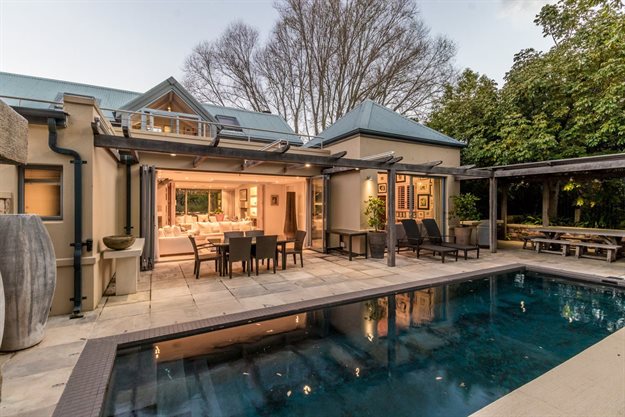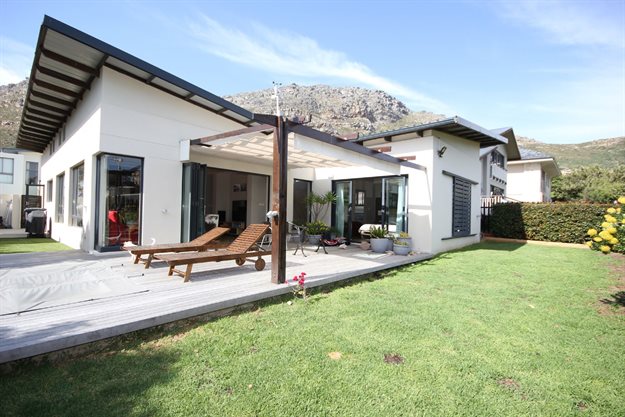
Top stories


ESG & Sustainability#BudgetSpeech2026: SRD grant unchanged, other Sassa social grants see hike
7 hours




More news











ESG & Sustainability
South Africa’s carbon tax should stay: climate scientists explain why











“When broadly defined, real estate is the value of the land plus the improvements upon it, the resources beneath it - and the rights above it, without which the former has a basic, un-enhanced intrinsic value with minimal benefit or yield.
“And in determining value, many people attribute a lot of weight to the rand per m² ratio and, whilst it is certainly one factor, it’s far more significant to those who view real estate from a purely investment perspective.
“A homeowner gains enhanced value over time while utilising the property as a place to live - the primary function, whilst the investor seeks only enhanced value or highest financial return over time as the primary function,” says Thomas.
So what factors must one then take into consideration when determining the true value of real estate?
“Certain elements are fairly standard and easier to ascribe a value, for instance the number of bedrooms and bathrooms, the size of the plot and the age and condition of the home,” says Thomas, “but one cannot disregard contributory value which can significantly influence the equation.
“This refers to the contribution made by particular features to the overall value of the whole property and is often discussed in relation to renovations or improvements which include a wide range of upgrades or additions, for instance adding a garage, a deck or a granny cottage.”
Thomas adds that one cannot ignore the external influences like proximity to a good school and amenities and cautions to guard against over-capitalisation.
“Original price paid plus improvement investments over time at a percentage growth does not always add up to the sale price achieved at the end of the day.
“It’s a very fine art to mix these qualities into a property in such a way that the majority of buyers in that sector of the market will see true, worthwhile value.
“But essentially, real estate which has been ‘improved’ can provide not only enhanced value, but also ‘yield’ from, amongst other things, rental income.”
And when one wonders why the price of two very similar houses can vary considerably, Thomas says one can break it down even further by evaluating factors such as: the quality of build and finishes, special features, location, views, lifestyle, security, surrounding neighbourhood and HOA capabilities/cost.

Whilst it’s impossible to look into the future and make 100% accurate predictions, Thomas says that there are a number of steps one can take to determine “good value” and minimise risk:
Thomas concludes: “One of the important factors to understand is that different people – and parties - perceive value in different ways. Just the same as a bank sees value in terms of recoverability of its bond advance in the event of a default, one person’s idea of a view is another person’s idea of a security risk.
“And one also has to bear in mind that real estate is essentially a medium to long-term investment, but if one has done one’s homework and researched the value of a property properly (i.e. minimised risk), then try not to be swayed by fluctuations.
“Remember that fluctuations are inevitable as real estate always has and always will work in cycles of boom times and correction periods.”